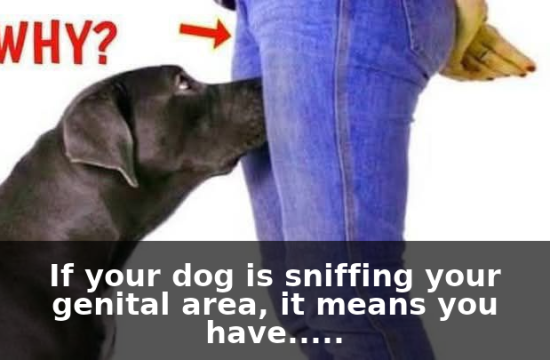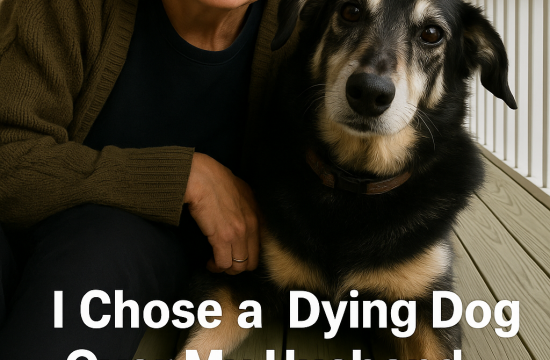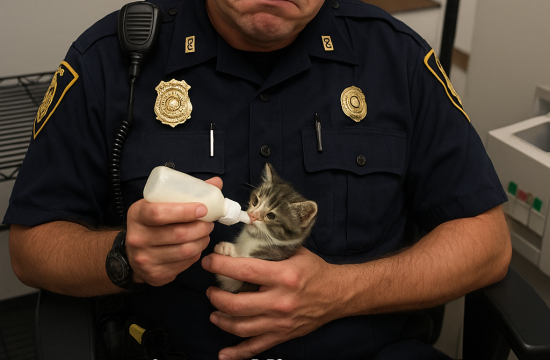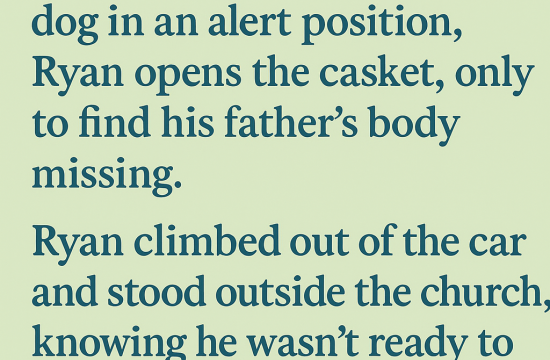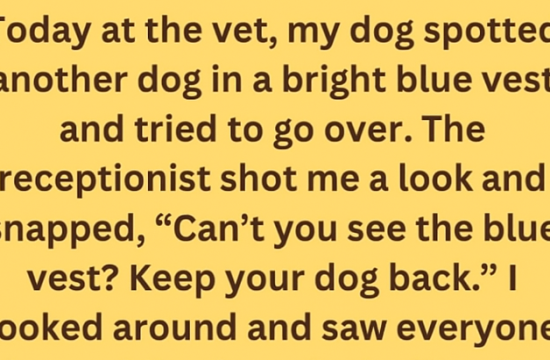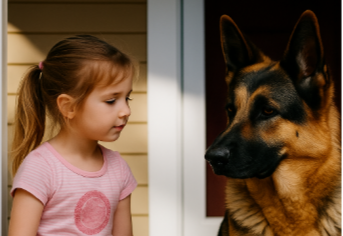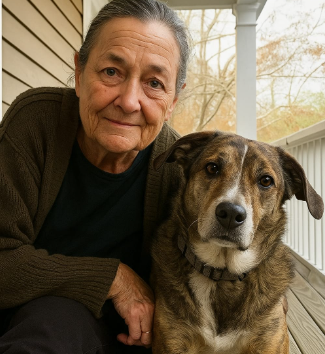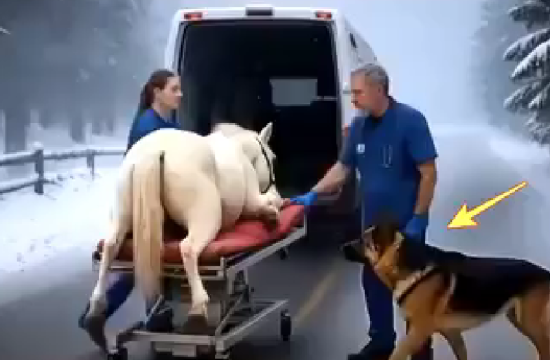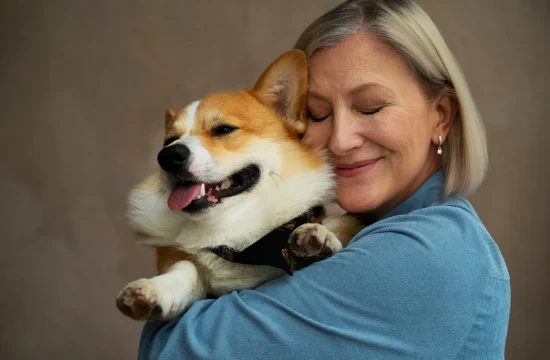What would you do if you found a bleeding German Shepherd trembling behind a dumpster—too frightened to bark, too broken to flee? Most of us hesitate at suffering, overwhelmed by the weight of another life’s pain. For Eli Madden, a solitary janitor in Dayton, Ohio, the answer came quietly but instantly: he reached out.
This isn’t just a story about rescuing a dog. It’s about resurrecting hope, about the old wounds that gnaw at our spirits, and the quiet endurance it takes to choose compassion in a world that rarely returns the favor. It’s about the way two broken beings—one man, one dog—helped each other put the pieces back together, and how the ripples from their small courageous act would change not only their own lives, but those around them.

The Cold That Creeps In
Dayton’s rain hadn’t stopped for days—a gray drizzle sinking into cracked sidewalks, leaking through sagging roofs. Eli’s house, battered blue paint peeling, leaned into the gloom like an old man bracing against the weight of it. Work had taken everything from him: once a talented plumber, Eli now mopped floors and emptied trash bins at Washington Elementary, his back bent, his hands rough and knuckled from years of hard labor.
He lived alone, paycheck to paycheck, in a house more memory than home. The world, it seemed, had forgotten to be kind to Eli.
A Whimper in the Trash
One evening after dark, Eli was taking out garbage behind the school when he heard it: a low, broken whimper from beneath a half-crushed cardboard box. Drawn closer, he found a German Shepherd—soaked, battered, ribs outlined beneath torn fur, a raw wound around its neck that told of wire or rope. It flinched but didn’t have the strength to move, its one good eye staring up at Eli not in hope, but in surrender.
Eli, cold, hungry, and tired, should have walked away. He had nothing to spare—not even enough for his own dinner that night. But something inside him cracked open. He wrapped the dog with his only decent jacket, cradled it against his chest, and carried it home through the rain.
That night, across the street, Ruth Bellinger—his retired firefighter neighbor—watched from her window. Later, she’d say she felt it in her bones: “Lord, guide them both.”
The Work of Healing
Eli washed the dog’s wounds, hand trembling, mind racing. He cooked quick oats and broth, feeding the creature tiny spoonfuls. There was no name tag, no collar—just a broken body and a spirit hollowed by suffering. As dawn crept across his worn living room, Eli softly whispered a name: “Lucky.” Not because the dog was, but because maybe one day, he would be.
In the days that followed, Eli stole supplies from the school nurse’s unlocked cabinet—just enough gauze and antiseptic to do good, not get caught. The dog, gradually dubbed Lucky, flinched at belts, stiffened at the sound of keys, and shied from the touch of hands. But Eli, for all his own bruised quiet, knew how to wait, how not to rush a frightened heart.
Soon, he realized Lucky needed more than he could give. At the Portman Street Pet Relief Clinic—a simple, rundown shelter run on donations and grit—Mara-Vetek, the soft-eyed vet tech, helped without charge. Her trained hands revealed the truth: Lucky’s scars came from tethers and chains, his obedience battered into him by cruelty.
Confronting the Past
Eli and Lucky began to settle into a fragile peace. Ruth, the neighbor, brought over plain roast turkey, even though she rarely offered softness. “You need protein to heal a soul,” she said with a quiet smile.
But happiness is seldom free from the past. On a walk one night, Lucky froze at the sight of a battered red pickup, a steel crate in the bed. From the driver’s seat emerged Mick Raleigh—inked arms, hard sneer, and a reputation whispered among rescue circles. “Ain’t that the mutt I lost?” he spat, eyes narrowing on Lucky. His threats were clear, but so was Eli’s resolve. “He’s not yours anymore,” Eli said, standing firm.
Raleigh, undeterred, stalked off, leaving Eli shaken. But this time, Mara and animal control were ready, quietly watching, gathering evidence.
How Broken Hearts Heal Each Other
The cruelty Lucky had endured mirrored Eli’s own buried traumas. Abused as a child and later beaten down by life’s storms, Eli recognized the dog’s silent survival. When Lucky’s health nosedived, wracked with fever and nightmares, Eli held him through the night, praying the darkness would pass.
It was then, amid those panicked hours, that Lucky first lifted his trembling head and licked Eli’s hand—a sign of trust from a soul that had known only pain. Eli wept. For Lucky. For himself. For every second chance the world never gave.
Word spread. Mara stitched together evidence. Officer Jenna Lockach, a determined cop with a soft spot for the voiceless, began building a case. Ricky—Eli’s estranged son—came home, drawn by the echo of hope in his father’s house. Soon, the three were as much a family as any could be: Eli, rebuilding ties with Ricky; Mara, dropping by with vet kits and warm laughter; Lucky, ever-watchful at the door, a guardian made from scars.

Justice, and Quiet Miracles
The law moved slowly, but not too slow for truth. With Ricky’s secret footage, Mara’s rescued files, and the pressure from a small town united by compassion, authorities raided Raleigh’s warehouse. They found cages, chains, and suffering—but also evidence enough to put Raleigh away. For good.
The local news told it as a story of triumph, closing with Lucky resting in Eli’s lap, his eyes blinking into the camera—a survivor in every sense.
For Eli, the recognition was personal. The school awarded him a community impact grant. Ricky, once distant, now unpacked for a fresh start, enrolled in trade school. Mara’s laughter became a part of every day. And Ruth’s porch light across the street burned on, a silent promise that even in old age, kindness persists.
The Power of Small Braveries
Not every miracle roars. Sometimes, it limps in from the rain, ribs poking out, eyes void of hope. Sometimes, it’s a janitor who chooses to carry a broken dog home, or a battered dog who risks trusting a human once more. Sometimes, that’s all grace needs.
Eli’s compassion sparked a quiet revolution: for Lucky, for Ricky, for a battered block that remembered how to hope. Compassion pulled broken people together and reminded them (and us) that healing can happen in forgotten places with gentle hands and a stubborn will.
If you’ve been broken by life one too many times, remember Lucky and Eli. You might be the hand someone needs. Sometimes second chances look like a weary man and a trembling dog, mending each other in the dim light of a kitchen, reminding us all that love is proof against despair.
Full Video:



